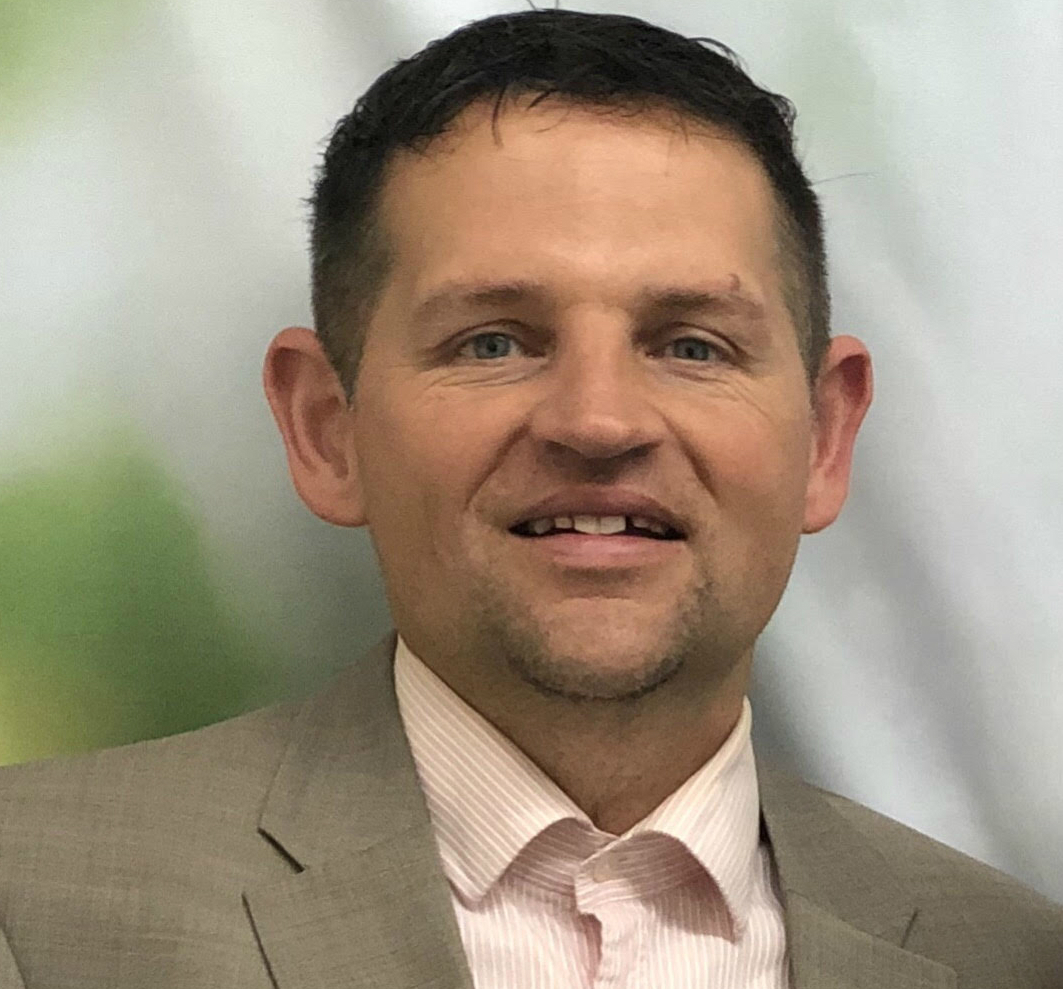5 Positive Lessons from Online Church to Retain as Buildings Reopen

The church faced many several real and supposed negatives when our local buildings of worship were forced to close because of the COVID-19 pandemic. The “church building” was transformed to be “parking lot” sanctuaries and pastors were morphed into overnight online evangelists. As always, our Lord is able to work all things together for His good.
As a result, the church gained valuable lessons from the temporary church closures; many of which need to stick around as we reopen the buildings.
Photo Credit: ©Getty Images/Ehrlif
1. Presentation Is Everything

1. Presentation Is Everything
SLIDE 1 OF 5
We are told in Daniel 6:3 what set Daniel apart from anyone else within the kingdom. It wasn’t his dreams, visions, or the ability to discern their meanings. Daniel was sought after as a leader and stood out because of his excellent spirit. Everything he did was to glorify God to his utmost ability. Accordingly, when we “go live” on Facebook or Zoom and video a sermon or a Bible study, we have learned to strive toward everything running as smoothly as possible. The sound has to be clear and loud enough to be heard and the picture needs to be clear and zoomed in to the intended target.
Additionally, we found that our messages need to be clear and concise, as the “online congregation” has a more limited attention span than a person who is sitting in a pew. We learned that any “filler” or needless material dropped our audience. When a prospective viewer clicks on our page and sees a distorted picture or sound, he or she is lost not only for this sermon, but is unlikely to return.
Thus, we are to have a desire for “excellency” which requires testing of our technology prior to going live. The possibility of mechanical failure can never be fully eliminated, but can certainly be drastically reduced by having this spirit and desire for excellence.
Photo Credit: ©GettyImages/NicoElNino
2. Quality Isn’t Judged By Numbers

2. Quality Isn’t Judged By Numbers
SLIDE 2 OF 5
The “online” pastor can't help but look at the number of views, shares, likes, and comments for his church service. However, many of these numbers can be greatly misleading. A “view” of a video on Facebook is classified as anyone who watched for a mere three seconds. A deeper look at the analytics may reveal that the average amount of time actually watched is just over a minute of the broadcast.
I would reasonably estimate that only about 40 or 50 people out of a 1,000-view sermon video watched the majority of the broadcast. Even before the advent of “online church,” pastors and church leaders were enamored with numbers. When pastors speak amongst themselves in the community, numbers are always discussed and consequently, numbers are always exaggerated.
We cannot get too focused on numbers for we can easily attempt to preach a worldly message.
Paul warned the church in Galatians 1:10 to not see the approval of man for “if [he] were still trying to please man, [he] would not be a servant of Christ.”
When we direct our focus on views, we lose our emphasis on the direction of the Holy Spirit because we cater to the likes and desires of the audience. As Paul explained, we cannot be both a servant of Christ and a pleaser of man.
Photo Credit: ©GettyImages/Goran13
3. We’re More Technologically Capable than We Thought

3. We’re More Technologically Capable than We Thought
SLIDE 3 OF 5
From the onset of church closures due to the COVID-19 pandemic, many churches were not accustomed to (or capable of) live-streaming their services to offer them online. Additionally, they did not have radio transmitters allowing the services to be broadcast into the parking lots while congregants were safe inside their vehicles.
The desire and need to have church services so that God’s Word can be preached forced any “technologically challenged” churches to become creative. Paul wrote to the church at Corinth in 2 Corinthians 9:8 that “God is able to make all grace abound to you, so that having all sufficiency in all things at all times, you may abound in every good work.”
This void led churches to venture into the tech market. Most retailers were in short supply of the radio transmitters. Streaming services such as Facebook Live and Zoom were inundated with traffic during the prime times for services. God, however, will never leave His church body ill-equipped or without means to spread His word.
We need to continue streaming our services so that the providentially hindered, or those still wary of returning for exposure concerns, can still “have church." It also allows those who attend other churches to virtually visit.
Photo Credit: ©GettyImages/fizkes
4. Local Church Can Successfully Adjust on the Fly

4. Local Church Can Successfully Adjust on the Fly
SLIDE 4 OF 5
Pastors and church leaders were forced to make decisions they never contemplated. Our past understandings were tested and major adjustments were made. Proverbs 3:5 teaches us to have these flexibilities by trusting “in the Lord with all [our] heart, and do not lean on [our] own understanding.”
In our own confidences and understandings we feel we are unable and untrained to use various modern technological advances. Thus, many of our churches were not set up for streaming or drive-in services. These technologies were not even contemplated prior to the coronavirus pandemic. Further, these protocols had to be implemented rather quickly as to not delay the means by which services were allowed to be held—under the applicable state law mandates to preserve health and social distances.
Our Lord provided our local bodies with the confidence to implement services held outdoors and via streaming.
Photo Credit: ©GettyImages/Toa55
5. Some Things Need to ‘Stick Around’

5. Some Things Need to ‘Stick Around’
SLIDE 5 OF 5
In 1 Thessalonians 5:21, Paul preached to “test everything [and] hold fast what is good.” Prior to the pandemic, many churches didn’t have streaming or drive-in church available. These temporary implementations need to be made permanent for future usage by congregants who are sick and still want to partake of the church service.
The cost for the equipment has already been paid other than for any monthly usage charges. Additionally, we have been treated with the ability to watch services from many churches, which we ordinarily would never have the opportunity to visit. Further, people who are looking for a permanent church home are able to visit without stepping foot inside of the church doors. The “on demand” sermon from the church allows the prospective visitor to see what they should expect should they take the time to visit.
As we reopen our churches around the country, we can take away many positive lessons from our period of online church. We learned we are capable of so much more than we originally thought. Additionally, these temporary pandemic implementations have allowed us to reach a greater audience than ever before.
Photo Credit: ©GettyImages/Prostock-Studio

Originally published June 11, 2020.









